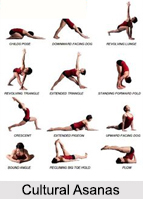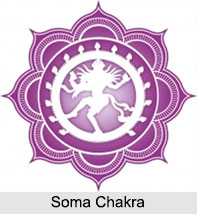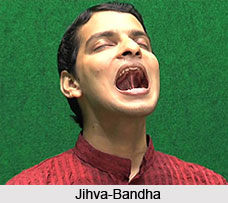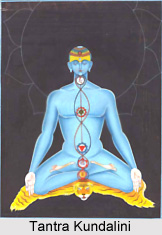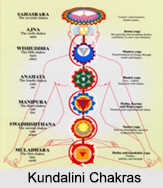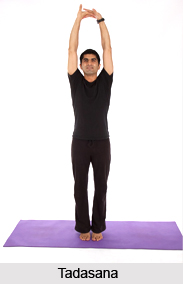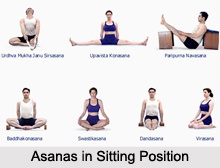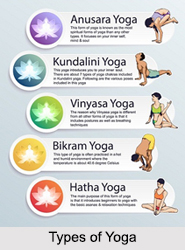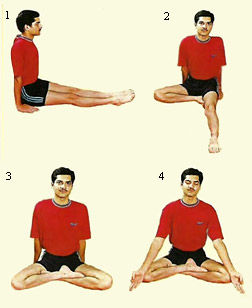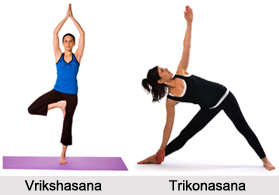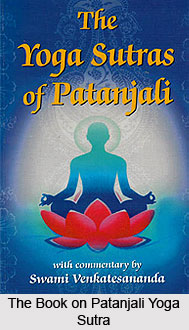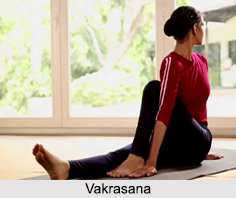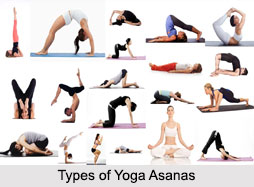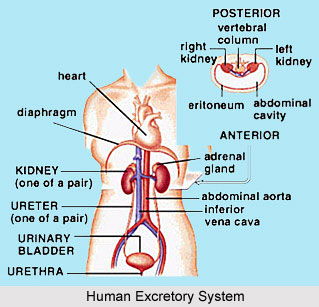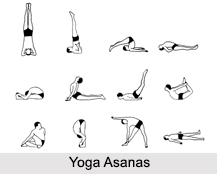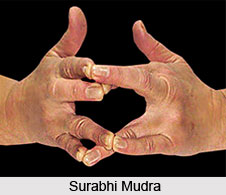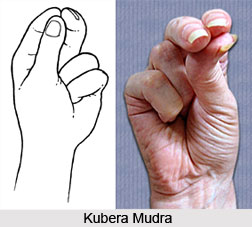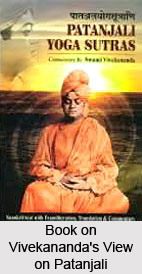 The thirty-fourth yogic sutra states about the terrible actions that are induced with the uncertain knowledge, bringing about fury and other pathetic influcences within the mind. Debased thoughts and other negligent practices, result in nothing but acute hurting and endless suffering. One can get hindered in yogic practices by premeditated indulgence in disease, pleasurable thoughts and ignorance.
The thirty-fourth yogic sutra states about the terrible actions that are induced with the uncertain knowledge, bringing about fury and other pathetic influcences within the mind. Debased thoughts and other negligent practices, result in nothing but acute hurting and endless suffering. One can get hindered in yogic practices by premeditated indulgence in disease, pleasurable thoughts and ignorance.
vitarkah dubious knowledge
himsa of violence, injuries
adayah and so forth
krta done
karita caused to be done, induced, aroused
anumoditah abetted, permitted to be done
lobha desire, greed
krodha anger
moha delusion, infatuation
purvakah preceded by, caused by
mrdu mild, slight
madhya moderate, medium
adhimatrah intense, sharp
duhkha pain, sorrow, grief
ajnana ignorance
ananta endless, infinite
phalah fruit, result
iti thus
pratipaksa contrary thoughts
bhavanatn feeling, resting place
Uncertain knowledge giving rise to violence, whether done directly or indirectly, or condoned, is caused by greed, anger or delusion in mild, moderate or intense degree. It results in endless pain and ignorance. Through introspection comes the end of pain and ignorance.
Indecent or perverse actions and thoughts result in endless pain. These thoughts, emotions and actions are of three types and differ in intensity - being mild, medium or acute. They are stimulated by direct indulgence, unconsciously induced, or externally abetted. Violence, for instance, practiced directly, caused or condoned, results in endless ignorance, physical pain and mental distress. Such behaviour is motivated by avarice, wrath and delusion, and can be corrected by its opposites, i.e., introspection, proper thinking and action.
This sutra elaborates the discords and misguided efforts that obstruct progress in yoga.
Disease, pain and distress are of three kinds. One comes through deliberate over-indulgence in pleasures through desire, lust and pride. This is known as adhyatmika roga or self-inflicted disease. The second comes from non-deliberate habits and behaviour, which arise from the discrepancy of the five elements in the body and their sensory counterparts. These are adhibhautika rogas. The last type, adhidaivika roga, is often a disease of genetic or hereditary origin that appears without noticeable cause. All three types may be experienced in mild, moderate or intense form.
Patanjali emphasises that it is by the exercise of the discriminative faculty that dubious, vacillating or uncertain knowledge, vitarka, is curtailed.

